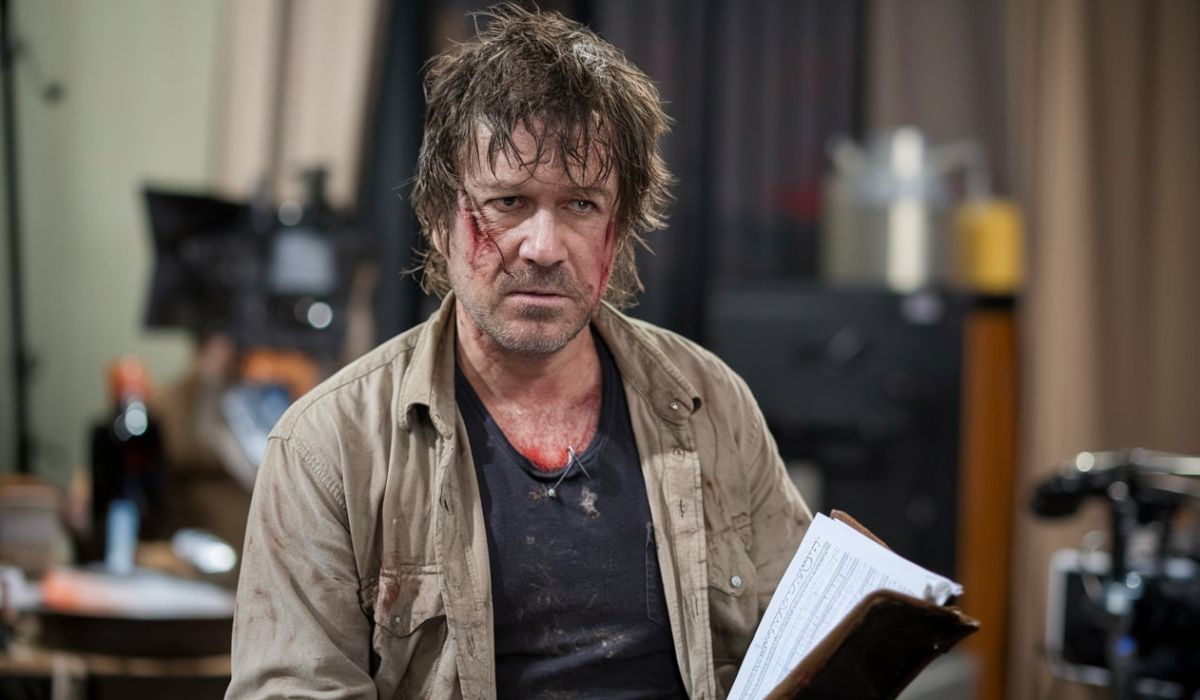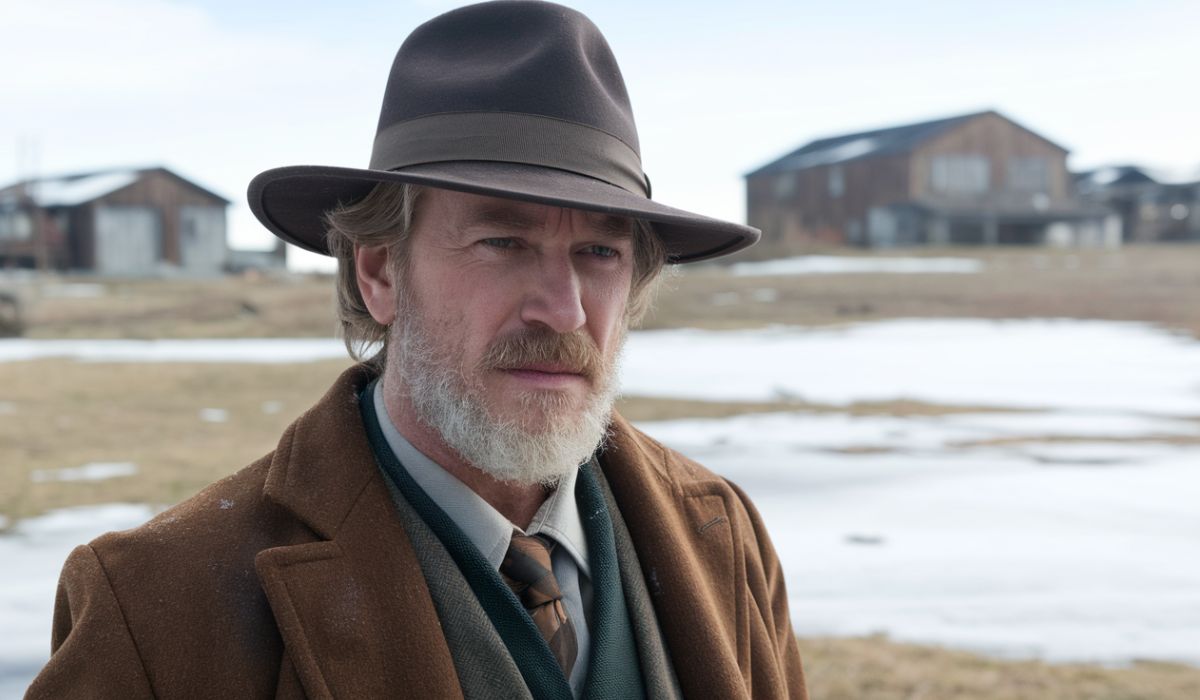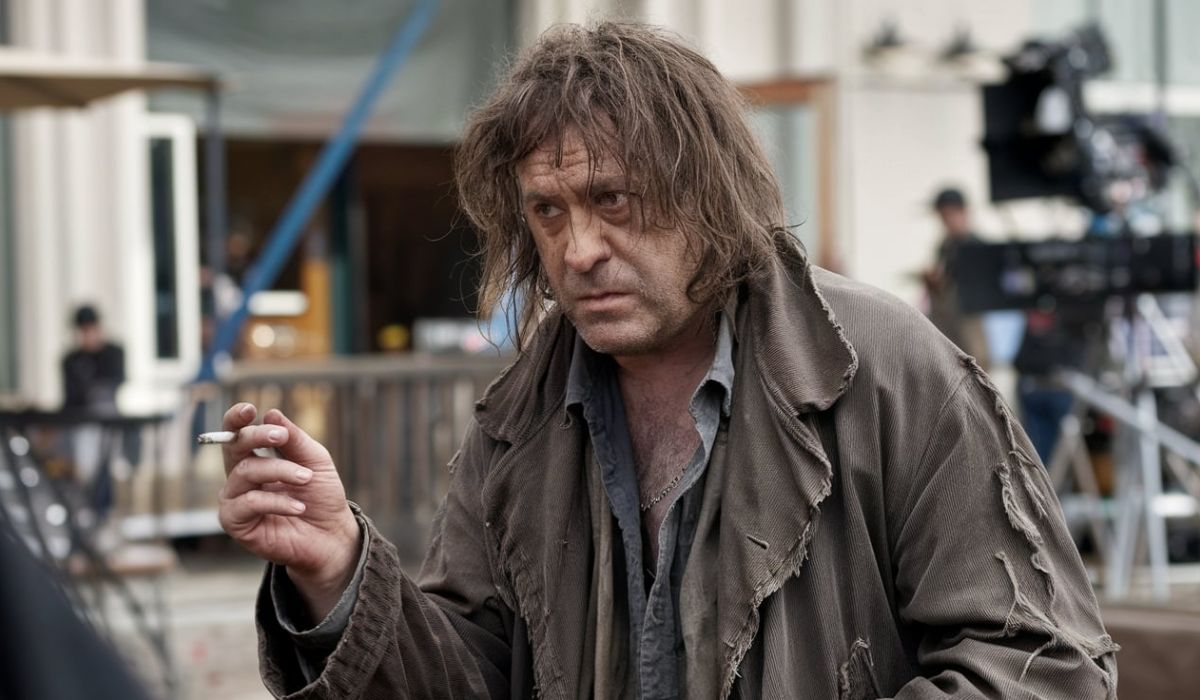The film industry has always been a stage for creativity, innovation, and storytelling, with the director guiding a movie’s vision from script to screen. However, some directors have garnered a reputation that transcends their work—enter the concept of the “dirty director.” But what exactly does this term mean, and how does it impact the broader landscape of cinema? Whether you’re a casual movie fan or a dedicated cinephile, this article will break down the complex and often controversial figure known as the ‘dirty director.’
What Is a “Dirty Director”?
A “dirty director” typically refers to a filmmaker whose behavior, both on and off set, crosses acceptable boundaries. This could involve inappropriate relationships with cast members, controversial scenes in their films, or unethical working conditions. While the term isn’t official, it’s used to describe directors who seem to thrive on controversy, often pushing boundaries in unsettling ways. But what drives these individuals? Are they rebellious artists, misunderstood geniuses, or do they embody the darker side of the film industry?
The Rise of the Dirty Director

Cinema has always pushed boundaries in storytelling and behavior, but the rise of the “dirty director” is closely tied to the evolution of filmmaking in the 1960s and ’70s. During this time, counterculture movements allowed some filmmakers to explore more explicit, controversial content. Directors began to embrace shock value as a tool to generate attention, and this era saw the emergence of filmmakers who gained notoriety for filming provocative, graphic, and boundary-pushing content. The label “dirty director” emerged to describe these controversial figures, who often blurred the lines between art and exploitation.
Key Traits of a Dirty Director
Dirty directors are often characterized by several key traits:
- Boundary-Pushing Content: Their films often challenge societal norms with explicit or unsettling scenes.
- Reckless Behavior on Set: These directors may engage in unprofessional or inappropriate conduct with actors or crew.
- Disregard for Ethics: Many are known for crossing ethical boundaries, leading to scrutiny and legal consequences.
- Focus on Shock Value: They often prioritize controversy and shock over nuanced storytelling, generating mixed reactions from critics and audiences alike.
These traits make dirty directors polarizing figures, admired by some for their daring vision and condemned by others for their personal and professional misconduct.
Controversies and Scandals in Filmmaking
Controversy is a defining characteristic of dirty directors. Many have been involved in scandals, from allegations of abuse to pushing actors beyond their limits for the sake of a scene. Some directors have been accused of manipulating their cast to achieve “authentic” performances, even if it means subjecting actors to emotional or physical distress. These controversies create a divide in the film industry—while some praise their artistic bravery, others argue their behavior is inexcusable.
Visionary or Villain?
The debate surrounding dirty directors often boils down to one key question: are they visionaries or villains? Some argue that these filmmakers are misunderstood artists who challenge boundaries to create profound work, while others see their actions as harmful and unethical. The “mad scientist” metaphor comes to mind—like a fictional character who pushes the limits of science without regard for consequences, dirty directors may be seen as creative geniuses whose work comes at a high cost. But at what point does this cost become too great?
The Impact on Actors and Crew Members

One of the most concerning aspects of working with a dirty director is the effect it has on actors and crew. In some cases, individuals have reported being subjected to unsafe or uncomfortable working environments. While some actors have praised these directors for pushing them to new creative heights, others have spoken out about feeling exploited. In recent years, the film industry has paid more attention to the well-being of its workers, with greater scrutiny on directors whose behavior crosses ethical lines.
Public Fascination with Dirty Directors
Why are audiences so intrigued by dirty directors? Part of it comes from the allure of scandal. There’s something captivating about watching someone break the rules, even if their actions are morally questionable. Dirty directors often create films that leave a lasting impression, sparking debates long after the credits roll. In an era where every action is documented and shared online, dirty directors become larger-than-life figures, both reviled and revered.
Notable Dirty Directors in History
Many directors have been labeled as “dirty” over the years, but a few have become infamous for their controversies:
- Roman Polanski: A celebrated filmmaker whose legal troubles have overshadowed his cinematic achievements.
- Quentin Tarantino: Known for graphic violence and controversial themes, Tarantino has faced criticism for pushing the envelope too far.
- Lars von Trier: A director who has consistently courted controversy, both for his provocative films and off-screen behavior.
Each of these directors has left a significant mark on cinema, though their legacies are complicated by their personal actions.
Storytelling and Shock Value
Despite their controversial reputations, dirty directors often have a unique approach to storytelling. Their films frequently explore dark, complex themes that other filmmakers might avoid. Whether addressing human depravity or societal taboos, dirty directors push the envelope, resulting in films that provoke thought and challenge audiences. However, their use of shock value often raises questions about whether the content serves a deeper purpose or exists merely to provoke outrage.
Legal and Ethical Ramifications
The actions of dirty directors often have serious legal and ethical consequences. From lawsuits filed by actors to public outcry, these directors frequently face challenges. The rise of movements like #MeToo has increased pressure on the film industry to hold directors accountable for their behavior, leading to more transparent discussions about misconduct.
Can Dirty Directors Redeem Themselves?

Is redemption possible for dirty directors? In some cases, they manage to rehabilitate their reputations through public apologies or by continuing to create acclaimed work. However, the path to redemption is fraught with challenges, particularly when the allegations involve serious misconduct. While some may forgive directors based on their artistic contributions, others find their actions unforgivable.
Social Media’s Role in Amplifying Controversy
In the digital age, social media has amplified the actions of dirty directors. Allegations of misconduct spread quickly, leading to public trials by social media. This increased scrutiny has made it more difficult for directors to avoid the consequences of their actions. However, social media has also provided a platform for directors to engage with fans and defend themselves.
Are Dirty Directors Here to Stay?
With the film industry evolving and ethical standards being enforced more rigorously, will the era of the dirty director continue? While filmmakers who push boundaries will always exist, the industry is shifting towards greater accountability. Directors are now held to higher standards, and the public is less willing to excuse unethical behavior in the name of art.
Conclusion: The Legacy of the Dirty Director
The dirty director remains a complex figure in cinema. Their work may be groundbreaking, but their behavior raises important ethical questions. As the film industry continues to evolve, the future of the dirty director archetype remains uncertain. Will they fade away as the industry holds directors accountable, or will they continue to challenge societal norms and push the boundaries of filmmaking?
FAQs About Dirty Directors
1. What does “dirty director” mean?
It refers to a filmmaker known for controversial behavior, often both on and off set, that crosses ethical lines.
2. Are dirty directors always bad people?
Not necessarily. Some are seen as misunderstood artists, while others are criticized for their actions.
3. Why are dirty directors so controversial?
They often engage in behavior that challenges ethical standards, whether through the content of their films or their conduct during production.
4. Can a dirty director make successful films?
Yes, many have created critically acclaimed films, despite their controversial reputations.
5. Will the film industry hold dirty directors accountable in the future?
The industry is moving toward greater accountability, and dirty directors are likely to face increased scrutiny moving forward.
For More Visit, Thecelebrities






